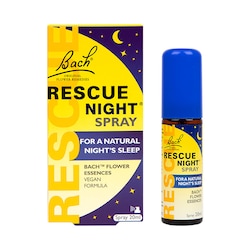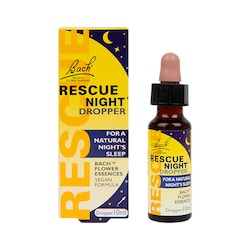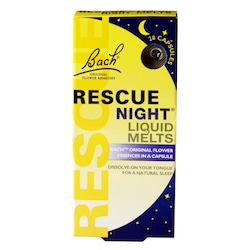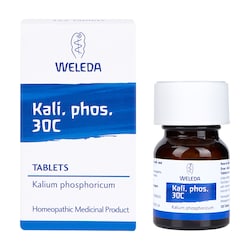15% off £30 OR 20% off £40
Code:DECIDE
Boswellia benefits

Boswellia is well known for it's healing properties from anti-inflammatory to pain relief. Find out more here along with how to use it & its potential risks.
Summary
1Boswellia benefits
The people of the ancient world were right to believe Boswellia had benefits for health and wellness. Here’s what modern science has to say how...
2How to use Boswellia
Enjoy Boswellia’s health benefits by incorporating it into your wellness routines. Take Boswellia as a supplement or use Frankincense essential oil...
3Boswellia side effects
Side effects associated with Boswellia include: Nausea Heartburn Diarrhoea Rashes...
Boswellia makes frankincense, the ancient perfume known as one of the three gifts the Wise Kings gave to the Christ child.1 In those days, frankincense was extremely expensive and was considered a gift fit to honour a king.2
Boswellia has been used in India’s ancient medicine tradition, Ayurveda, since at least 600 AD. Ayurveda practitioners believed Boswellia would calm a bad stomach and help perfect the body.3
Modern science has proven that Boswellia is antiarthritic, so the ancients were likely onto something.4 In this article, we’ll answer all your questions about Boswellia, so you can decide if this homoeopathic remedy that’s worthy of royalty is right for you.
What is Boswellia?
Boswellia is the plant that produces the aromatic resin frankincense. Boswellia is native to Punjab, encompassing parts of India and Pakistan. Boswellia can be orally ingested as a supplement or applied topically as an essential oil.
Boswellia benefits
The people of the ancient world were right to believe Boswellia had benefits for health and wellness. Here’s what modern science has to say how Boswellia enhances health:
One scientific study showed that individuals with joint issues experienced less discomfort after topically applying Boswellia for eight weeks. They could walk further and had greater flexibility in their knees after the study.5
Photoaging is a type of premature ageing caused by overexposure to UV rays. Topical application of Boswellia has been shown to reduce the appearance of sun damage on the skin.6
How to use Boswellia
Enjoy some of Boswellia’s health benefits by incorporating it into your wellness routines.
- Take Boswellia as a supplement
Most supplements advise only taking 300 – 400mg of Boswellia, two to three times a day. Experts at the Arthritic Foundations suggests that patients with arthritis ingest 300 – 400mg of Boswellia three times a day and to ensure the supplement is at least 60% Boswellia acids.7 - Use Frankincense essential oil
Another way to benefit from Boswellia at home is by using Frankincense essential oil. Apply to the wrists and inhale this oil with a rich perfume, which individuals self-report relaxes tension.

Boswellia side effects
Side effects associated with Boswellia include8:
- Nausea
- Heartburn
- Diarrhoea
- Rashes
Boswellia is known to increase blood flow in menstruating women and is thought to potentially cause miscarriages, so should be avoided by pregnant women.9
- https://www.smithsonianmag.com/smart-news/chemically-theres-lot-more-frankincense-and-myrrh-meets-eye-180953727/
- https://www.biblicalarchaeology.org/daily/people-cultures-in-the-bible/jesus-historical-jesus/why-did-the-magi-bring-gold-frankincense-and-myrrh/
- https://www.wisdomlib.org/definition/shallaki
- https://www.smithsonianmag.com/smart-news/chemically-theres-lot-more-frankincense-and-myrrh-meets-eye-180953727/
- https://www.sciencedirect.com/science/article/abs/pii/S0944711304701890
- https://pubmed.ncbi.nlm.nih.gov/20136919/
- http://www.arthritis.org/living-with-arthritis/treatments/natural/supplements-herbs/guide/indian-frankincense.php
- https://books.google.co.uk/books?id=WB8PDQAAQBAJ&pg=PA161&lpg=PA161&redir_esc=y/
The advice in this article is for information only and should not replace medical care. Please check with your GP or healthcare professional before trying any supplements, treatments or remedies.



































